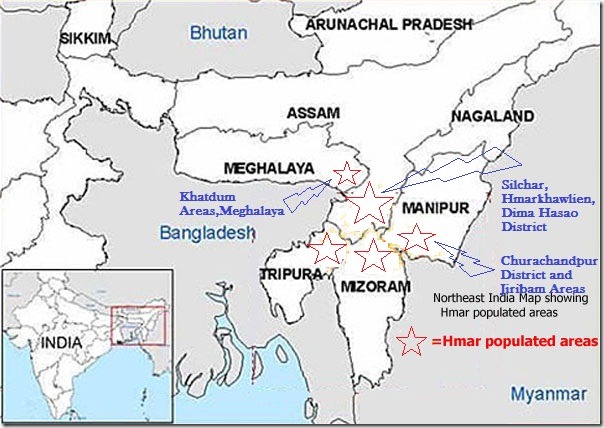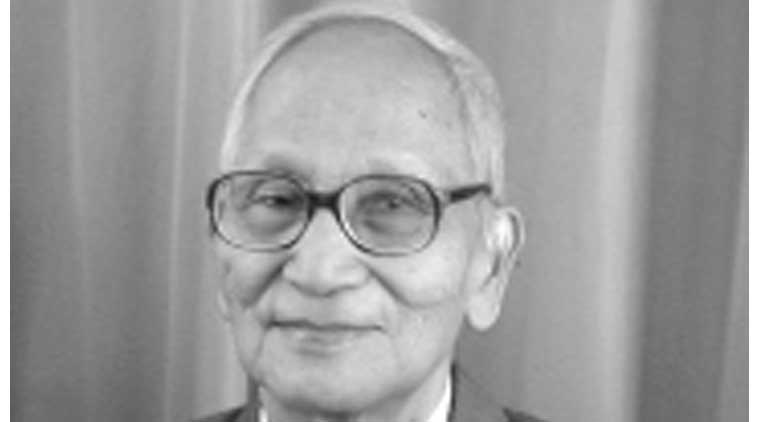After 18 years of ‘leaking’ prohibition, Mizoram allows the sale of alcoholBy David M. ThanglianaThe opposition to alcohol in Mizoram began after the advent of Christian missionaries from Wales in the mid-1890s.On 20 February 1997, the day Mizoram Liquor (Total Prohibition), or MLTP, Act, 1995, came into force in Mizoram, I was travelling to the state from Kolkata. People who were carrying liquor with them faced a hard time at the check-post set up by the excise department in Vairengte, the first Mizo village bordering Assam. On 16 March, the government ended the 18-year drought as a legally sanctioned alcohol shop opened in the state capital, Aizawl.
This historic event resulted from the new law passed by the Mizoram legislative assembly in 2014—The Mizoram Liquor (Prohibition and Control), or MLPC, Act, which came into effect from 15 January. However, local-level opposition meant that only one of the six government-approved licensed retail alcohol shops could open on the designated day (16 March), while another, a state undertaking, opened the next day in Aizawl.
The fate of alcohol shops in the other seven district headquarters hangs in the balance from a combination of opposition to alcohol shops and the unpreparedness of district authorities. The state excise and narcotics minister, R. Lalzirliana, who is the No.2 person in the state’s Congress-led government, told the assembly earlier this month that if the opposition to opening wine shops continued, the government would consider online sales.
“The government has no intention of forcing liquor stores in localities that are against them. With online shopping becoming popular, the government can look into this and other angles for liquor sales,” Lalzirliana said.
The former MLTP Act, had become a standing joke. There was no dearth of liquor—black marketers of Indian-made foreign liquor (IMFL) made three- to four-fold profits and local brewers did roaring business selling moonshine.
In fact, two localities in Aizawl became infamous for their liquor dens thronged by young people on weekends. Even the setting up of an outpost by the excise and narcotics department and strong enforcement of the ban by the state’s biggest NGO, the Young Mizo Association (YMA), did little to discourage the illicit liquor trade. Mizoram was India’s wettest dry state, it was joked.
It is said the opposition to alcohol in Mizoram began after the advent of Christian missionaries from Wales in the mid-1890s. Before this, liquor had been part and parcel of Mizo society. However, drunkenness was heavily frowned upon. The new religion, which fully percolated the Mizo community by the mid-1940s, strongly adhered to the belief that Christianity and alcohol didn’t go together. Despite this, alcohol became the main source of Mizo society’s problems.
This gave impetus to the belief of Mizo Christians that alcohol is a sin. In the early 1980s, the government brought into effect the Mizoram Excise Act, 1973, that sought to regulate the sale of alcohol in what was then a Union Territory. Influential church and civil society organizations took initiatives to curb the use of alcohol.
Even the Mizo National Front (MNF), which went underground from 1966 to mid-1986 seeking independence from India and is now the main opposition party in the state, tried to stop the manufacture and sale of alcohol by resorting to violence during the 1970s, but to no avail.
In 1993, when for the third time the Congress party came to power (in alliance with the Mizoram Janata Dal), church leaders approached the then chief minister Lal Thanhawla (who is also the current CM) to impose total prohibition. The MLTP Act, 1995, emerged from such pressure. By 1998, when the MNF came to power for the second time, its founder-president Laldenga, who was against prohibition, was dead.
He was replaced by his second-in-command, Zoramthanga, a teetotaller. Not surprisingly, during the MNF’s decade-long rule, the state government and the powerful YMA made every effort to stop the illicit liquor trade.
The YMA even went so far as to form an extremist group called SRS, or Supply Reduction Service. The SRS dealt out severe punishment to illicit liquor dealers. The sale of IMFL in the black market and locally brewed liquor, however, continued to flourish even as the excise and narcotics department daily declared confiscations of illegal hooch.
The local illicit liquor—manufactured hurriedly and on the run, given the crackdown—started containing chemical substances and impurities detrimental to health (not to mention the economic costs incurred from buying IMFL at prohibitive prices).
This took a heavy toll; with a rise in the number of deaths from stomach and liver problems in relatively young people, some even in their 20s. When the Congress returned to power in 2008, chief minister Lal Thanhawla clearly signalled that his government would do away with the MLTP Act. The churches of Mizoram, however, again took a strong stance against this move and Lal Thanhawla toed their line. The Congress again regained power in the 2013 assembly election, securing 34 of the 40 assembly seats. The new government, again under Lal Thanhawla, announced that it would scrap the MLTP Act and enact a new law that would allow, to an extent, the sale and consumption of alcohol. The result is the MLPC Act, 2014. According to the new Act, any citizen above 21 years can apply for a liquor permit which costs Rs.500 for a year.
A permit owner can purchase six 750 ml bottles of hard liquor or IMFL and 10 bottles of beer and wine a month. Punishment for breaking the rules are harsh. The minimum incarceration period is one month and maximum five years. The least harsh punishment is doing social work, such as sweeping and cleaning public places, including market areas, public toilets and hospital premises.
The police are also equipped with breath analysers to check drivers and can make spot arrests. In Aizawl alone, over 25,000 individuals and counting have applied for a liquor permit.
State-wide, the number of applicants could be more than 30,000. While some people have welcomed the MLPC Act, 2014, as total prohibition had failed dismally, the resistance against the lifting of prohibition remains strong, something the opposition parties hope to benefit from during the next assembly election.
However, with the elections still some years away, sales of alcohol could be a normal way of life in Mizoram by the time 2018 comes around.
The Aizawl-based author is former editor of Newslink, a local newspaper, and was a correspondent for The Telegraph from 2003-06. He is currently affiliated with the Congress party.














